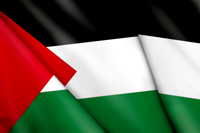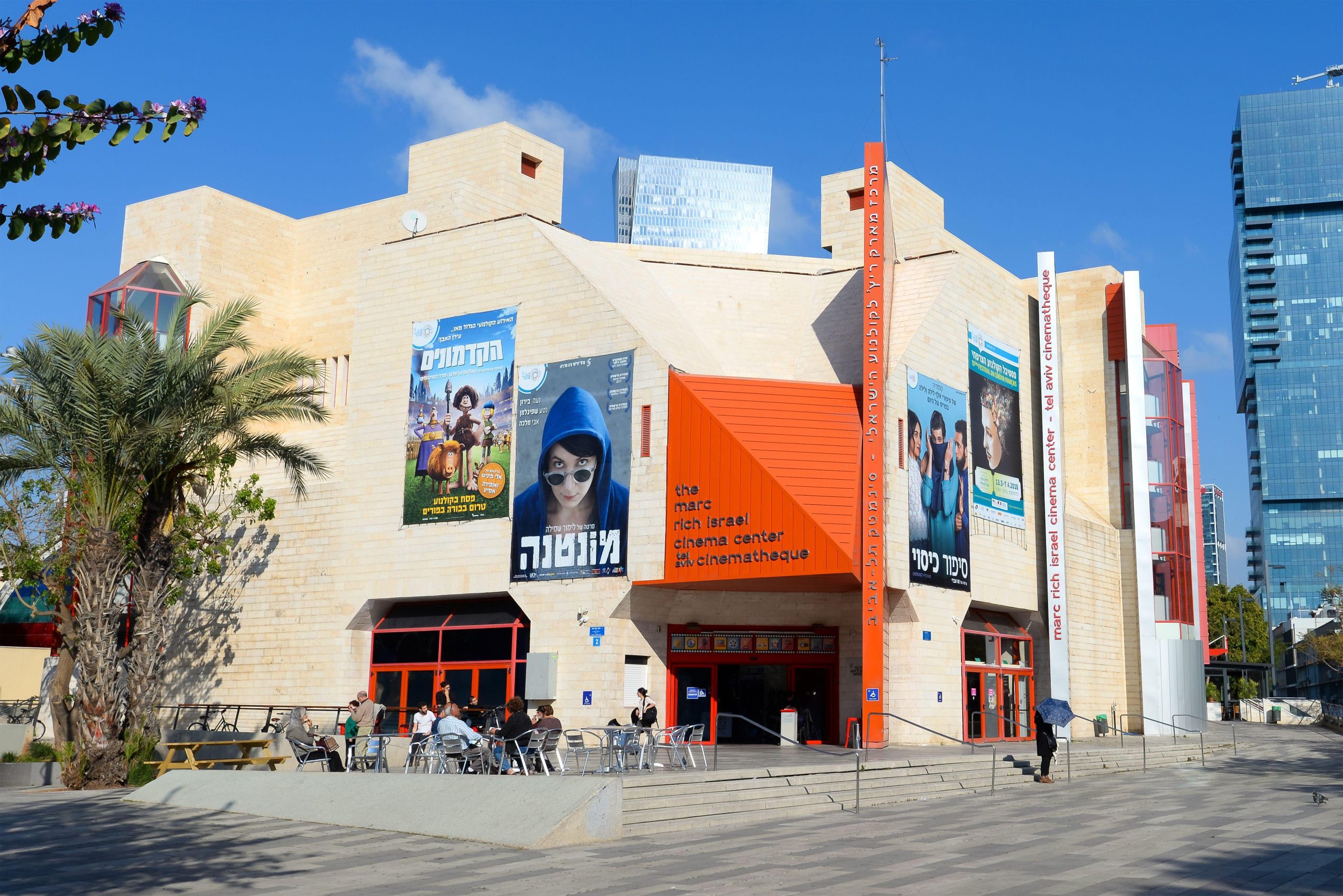
(Photo: Shutterstock)
The internet is a vital platform for Palestinians to express themselves, but web access and targeting of social media users, bloggers and journalists remain big challenges, according to a new report from the Palestinian Center for Development and Media Freedom (MADA).
“The internet and the broad tools of communication made available by the social networks gained great importance specifically in the lives of Palestinians in Gaza, who have been under firm siege by the Israeli occupation forces since 2006, and for the Palestinian people in general due to the dispersion they have experienced since the Nakba of 1984 [sic], and now they can communicate with their relatives and friends in the different parts of the world quickly and immediately”, said Mr. Mousa Rimawi, MADA’s general director.
The report states that 67% of Palestinians polled by MADA in 2012 believe Facebook contributes to the promotion of freedom of expression.
However, the latest figures quoted show that internet penetration in Palestine is at 32.1%; 34.3% in the West Bank and 27.9% in the Gaza Strip. Lack of infrastructure due to the Israeli occupation and high service charges are the biggest blocks to access, the report finds.
The report also highlighted threats to journalists working in Palestine. Examples included the imprisonment of Al Quds TV reporter Mamdouh Hamamrah for posting an image deemed to be offensive to President Mahmoud Abbas, and the arrest of journalist Esmat Abdel Khalek for a comment she made on Facebook demanding an end to the Palestinian Authority.
“Violations against journalists and citizens simply for expressing their opinions lead to the strengthening of self-censorship, which is incompatible with the idea of having the social platforms that is suppose to make it easier for citizens and journalists to express their opinions”, said Riham Abu Aita, a MADA spokesperson.
The article was edited on 30 September at 12.00 pm to acknowledge an error in the quote from Mr. Mousa Rimawi, which gives the year of the Nakba as 1984, it took place in 1948.




